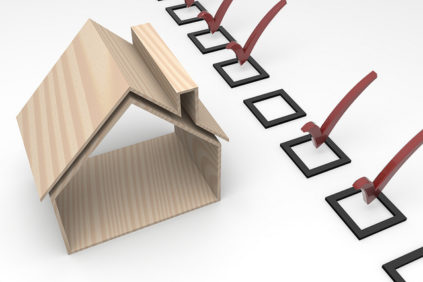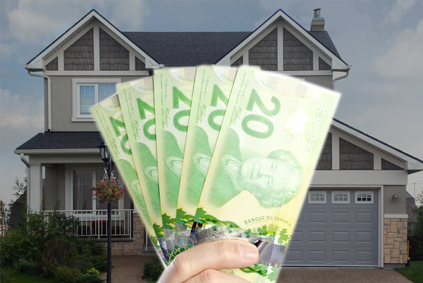Refinancing a mortgage means paying off of an existent loan and replacing it with a new credit to suffice the needs of property ownership. The majority of homeowners in Canada especially in Toronto deliberate on seeking the services of the Great Toronto Mortgages enterprise and its associated with the clients attain the option of mortgage refinancing. Moreover, the clients remain sure to possess their property even with the low value of their loans.
Homeowners may opt for mortgage refinance for varied reasons each depending on the financial needs of the clients. The following cases serve as the basis for seeking a mortgage refinance.
• To secure a lower interest rate
One of the primary reasons to refinance is to lower the interest rate on your existing loan. A reduced interest rate not only saves you money, but it also increases the rate of building equity in your home.
• Shortening the loan’s term
A fall in interest rates may spike Canadian homeowners to refinance an existing mortgage for another loan. The other credit provided by Great Toronto Mortgages, without much change in monthly payment, will take a significantly lesser period.
• Converting from the adjustable rate to fixed rate mortgages
ARM usually starts out with a low-interest rate on mortgages, but the periodical increase may lead to higher interest rates than payment through a fixed rate mortgage. Great Toronto Mortgages allows the own owners, through refinancing to change from adjustable mortgage rates to fixed mortgage rates.
Conversely, adjusting from a fixed-rate to adjustable rate in falling economies may prove to be more economical. Great Toronto Mortgages offers clients in Toronto with this opportunity.
Methods of refinancing your mortgage
When planning to refinance your mortgage, Great Toronto Mortgages, offers you a variety of options. They include:
Break your mortgage contract early
You could break your lease soon if you want to obtain your mortgage soon or obtain equity for your home. In case you break your mortgage. First, GT Mortgages offers you a chance to take another lower interest mortgage plan.
Add a home equity line of credit
We at GT Mortgages offers you with the opportunity to add a home equity line of credit. It allows Canadians to access the equity in your house at their discretion. They are responsible for interest-only payments at the end of every month.
Blending ad extending existing mortgage
GT Mortgages offers you a blended rate. Mostly, it is a blend of your current standard of the lease in addition to any amount of money you borrow at prevailing interest rates.
Conclusion
If you want to start owning most of your home without increasing payments, mortgage refinancing will help you achieve that with Great Toronto Mortgages. Refinancing of mortgages could be a great financial move given adequate considerations before making the final decision.









